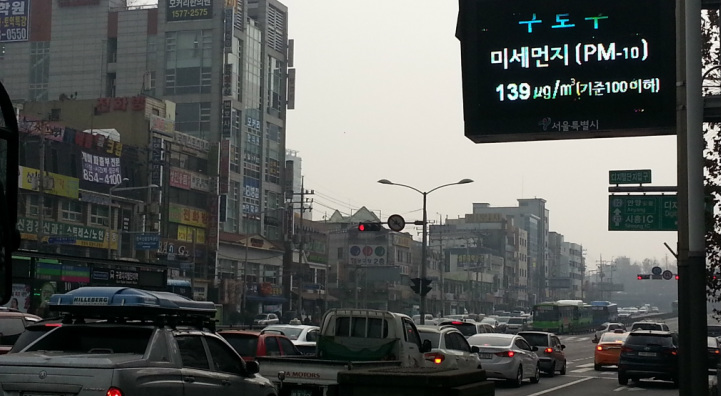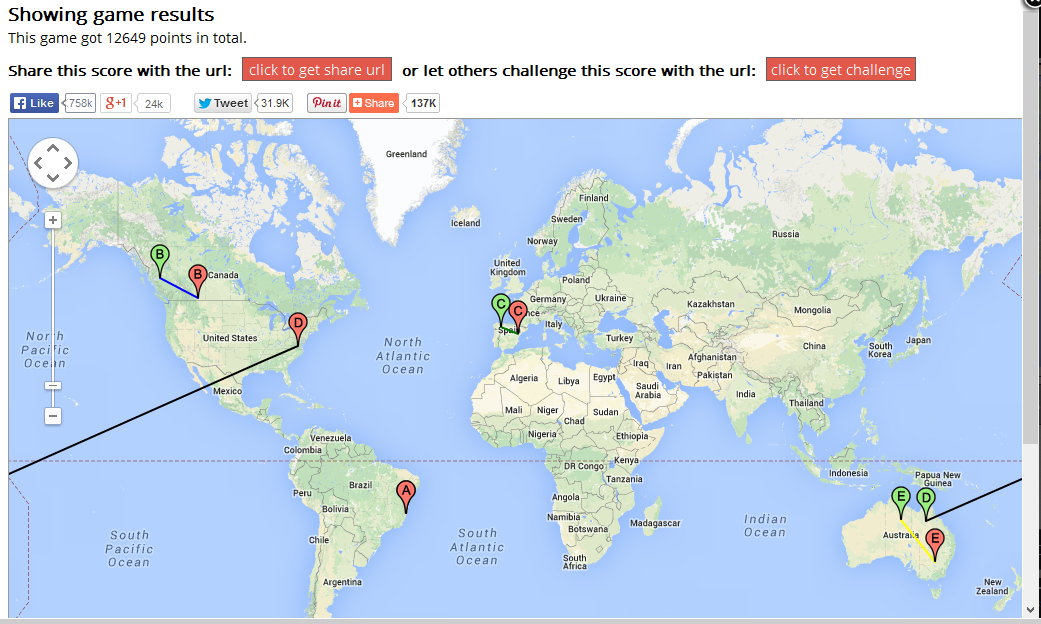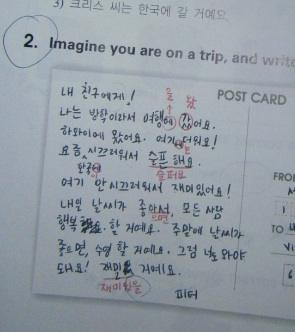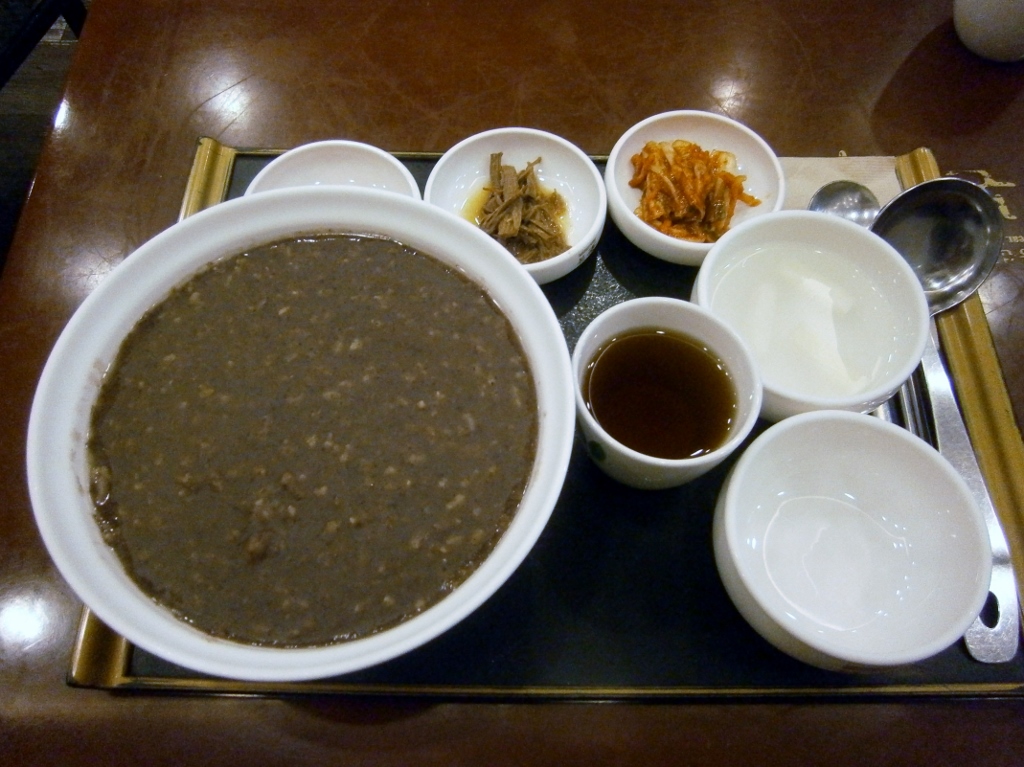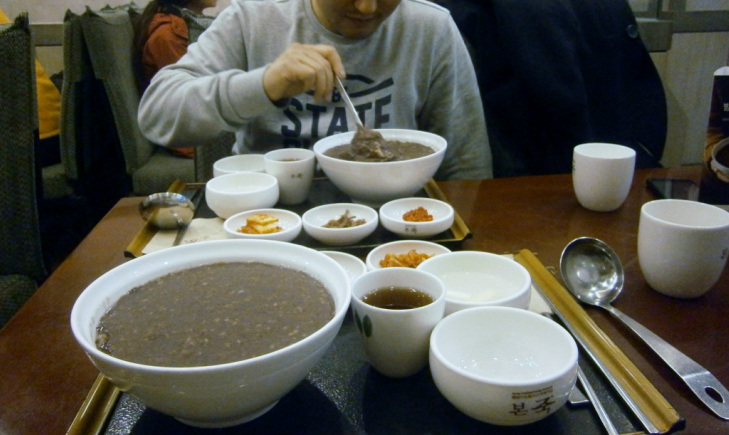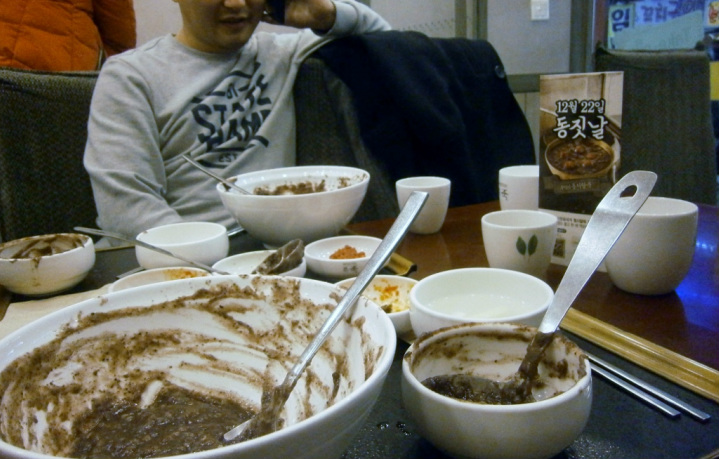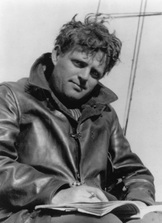 Adventure Writer Jack London
Adventure Writer Jack London
Japan defeated Russia in a war in 1904-1905. Educated Westerners, it seems to me, think of it along these lines:
“Japan sucker-punched an increasingly-backwards Russian Empire. Japan fought solely to assert itself and challenge the European powers for the first time”. In fact, I’ve learned that the war was primarily about the fate of
Korea. By the early 1900s, either Russia or Japan was going to end up taking Korea. Japan got it.
The famous American adventure writer, Jack London, visited Korea during the war, I just learned. He was there immediately after the
early fighting ended in spring 1904. Jack London is, of course, most famous for
The Call of the Wild and
White Fang, both also written in the early 1900s. He was 28 at the time of his sojourn through Korea. He died at age 40, the same year that my grandfather was born.
London produced an essay about his time in Northeast Asia. His observations and thoughts about Japan, Korea, China, and Manchuria are in an essay semi-ironically entitled “Yellow Peril“. I came to read this essay recently:
London had a very pessimistic view of the Korea of 1904. This was a low point in Korean history, and London spares no verbal expense in utterly lambasting the Koreans, in words I’m embarrassed to republish (and I’m not shy about criticizing Korea, myself). There is one interesting excerpt in the essay that I want to comment on, though:
[Written by Jack London, 1904]
In many a lonely [Korean] village not an ounce nor a grain of anything could be bought, and yet there might be standing around scores of white-garmented, stalwart Koreans, smoking yard-long pipes and chattering, chattering — ceaselessly chattering. Love, money, or force could not procure from them a horseshoe or a horseshoe nail.
“Upso,” was their invariable reply. “Upso,” cursed word, which means “Have not got.”
This word, “upso”, was easily recognizable to me as “없어”. It’s a common word. London’s translation of it is good. What I find interesting about London’s use of this word is that this form of the word is “low speech” (
banmal, 반말). Among
strangers interacting in today’s Korea, this form of speech is used to children and animals, and can be used “aggressively” to someone you want to disrespect. Older people can use it to much younger people, but often don’t.
So, Jack London heard “upso” so often that he discussed the word itself. As I say, the word is banmal, or low-speech. It immediately made me think that these Koreans of 1904 were surprisingly rude to this poor foreign sojourner.
This use of “low-speech” would most likely have gone along with condescending/rude behavior, which may explain London’s wildly negative opinion of Korea.
In fact, though, as always, it’s hard to judge the past by the standards of the present. It is. In the old days, when it was called “Chosun”, I’ve read that low-speech was used much more “rigorously”. Any yangban (a member of the old Korean aristocracy, 10% of the population) had to to address members of the lowest Korean social classes using this “low-speech” I’m talking about, regardless of relative age or social achievement. This led to the ridiculous and sad situation of even yangban *children* using low-speech to address grown men, even elderly men, of the lowest classes. (Members of the lowest classes had to address yangban in the most-polite form of speech.)
What kind of Koreans did Jack London meet? He was inquiring about supplies during his horseback trek through Korea to report on the war. Were they all village elders? If so, they still would’ve felt compelled by the then-fading Chosun social system to address a younger man (and a foreigner, at that) using low-speech. This is understandable.
On my
halway-across-Korea hiking trip (September-October 2013), I ended up with a group of three Korean men in their 40s for two days. They were doing the same hike I was. None spoke English more than a few words. They used Korean most of the time, though my Korean skills were likewise not very good. In Korean, they addressed me in low-speech at times, being twenty years their junior, but usually stuck with a more polite form of speech.
I remember the last sentence I heard from them. It was a friendly but certainly-low-speech form of bidding farewell,“Jal Gah!” [“잘 가!”]. I heard it after I’d said a polite goodbye [“안년히 가세요!”] as I was walking off onto a side trail and they were continuing on the main trail. I didn’t mind hearing low-speech from them; as I say, it’s more natural in a situation like ours of hugely divergent ages. They were all very kind. They were well-prepared with food and drinks (even alcohol) and shared with me generously. There was never any “upso” with them.
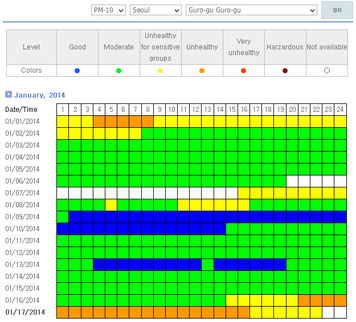 Hour-by-hour PM-10 air pollution level
Hour-by-hour PM-10 air pollution level
